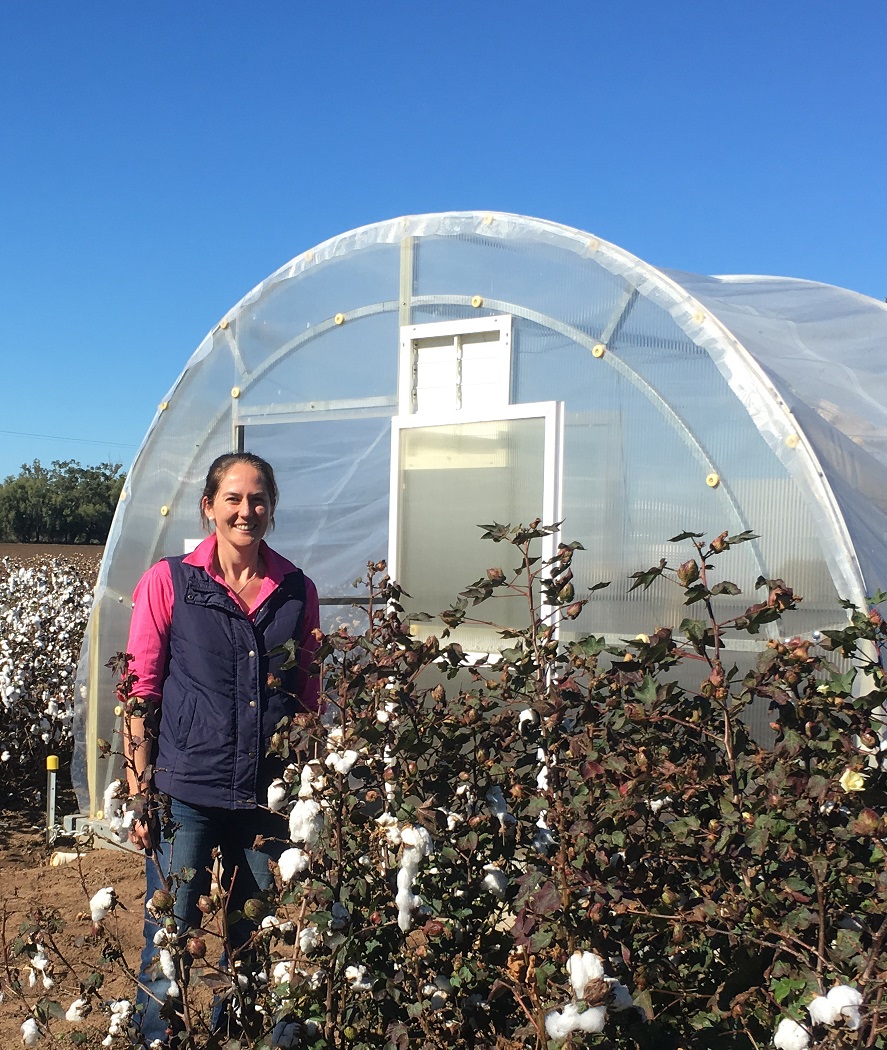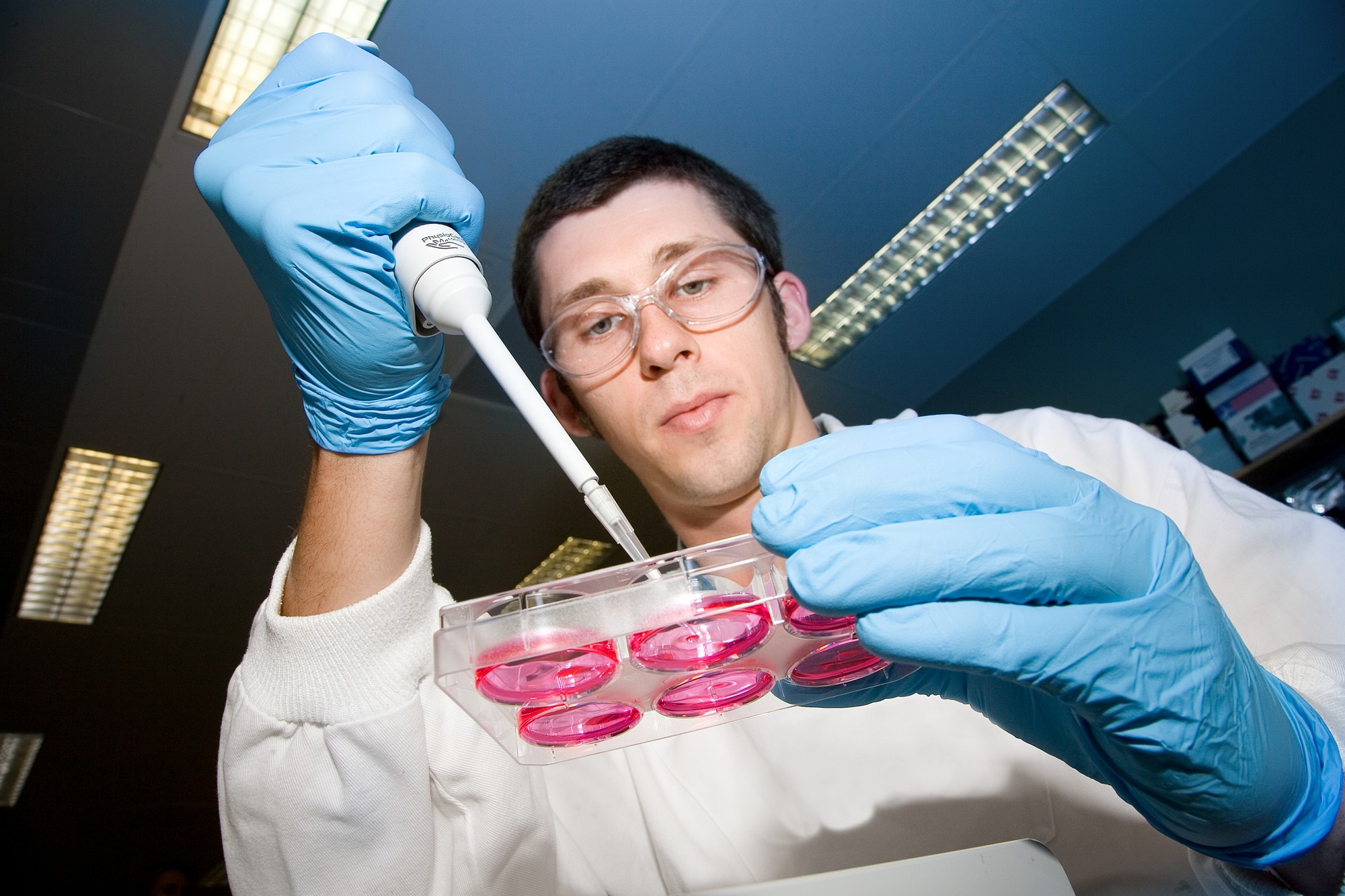Our research spans the gene to the plate, with expertise in a range of areas, from digital agriculture to soil science, farming systems, policy and food innovation. We are working to improve productivity, profitability and sustainability in cropping, livestock production, aquaculture, horticulture and the food industry.

The majority of our student opportunities will be listed on CSIRO's careers portal when available. The types of opportunities include:
- Undergraduate vacation scholarships: Offering undergraduate students the opportunity to collaborate with our scientists.
- Postgraduate scholarships: Postgraduate students who partner with CSIRO to complete their Masters or PhD studies, will gain access to world-class facilities and have a unique opportunity to work alongside our leading research scientists.
- Industrial traineeships: Tertiary students may complete their compulsory work placement with CSIRO, working alongside leading scientists to further their learning and build long-lasting professional networks.
- Work experience: We offer high school science students the chance to gain first-hand experience of our core research in a scientific environment.
- Opportunities for Indigenous Australians: We're committed to encouraging more Indigenous people to work with us, in both our science and support areas.
Postgraduate students

We are keen to attract outstanding and highly motivated postgraduate students across the Agriculture and Food Business Unit. There are opportunities each year for Masters and PhD students already enrolled at Australian tertiary institutes.
We advise you to carefully review the Agriculture and Food research section of CSIROs website to gain an understanding of the scope of our research.
- Register your interest for postgraduate opportunities with CSIRO Agriculture and Food.
If you are an international student, please check the requirements and criteria for the individual opportunities listed.
It is recommended that international applicants view the Australian Government website Study in Australia.
Our research spans the gene to the plate, with expertise in a range of areas, from digital agriculture to soil science, farming systems, policy and food innovation. We are working to improve productivity, profitability and sustainability in cropping, livestock production, aquaculture, horticulture and the food industry.
The majority of our student opportunities will be listed on CSIRO's careers portal when available. The types of opportunities include:
- Undergraduate vacation scholarships: Offering undergraduate students the opportunity to collaborate with our scientists.
- Postgraduate scholarships: Postgraduate students who partner with CSIRO to complete their Masters or PhD studies, will gain access to world-class facilities and have a unique opportunity to work alongside our leading research scientists.
- Industrial traineeships: Tertiary students may complete their compulsory work placement with CSIRO, working alongside leading scientists to further their learning and build long-lasting professional networks.
- Work experience: We offer high school science students the chance to gain first-hand experience of our core research in a scientific environment.
- Opportunities for Indigenous Australians: We're committed to encouraging more Indigenous people to work with us, in both our science and support areas.
Postgraduate students
We are keen to attract outstanding and highly motivated postgraduate students across the Agriculture and Food Business Unit. There are opportunities each year for Masters and PhD students already enrolled at Australian tertiary institutes.
We advise you to carefully review the Agriculture and Food research section of CSIROs website to gain an understanding of the scope of our research.
- Register your interest for postgraduate opportunities with CSIRO Agriculture and Food.
If you are an international student, please check the requirements and criteria for the individual opportunities listed.
It is recommended that international applicants view the Australian Government website Study in Australia.
